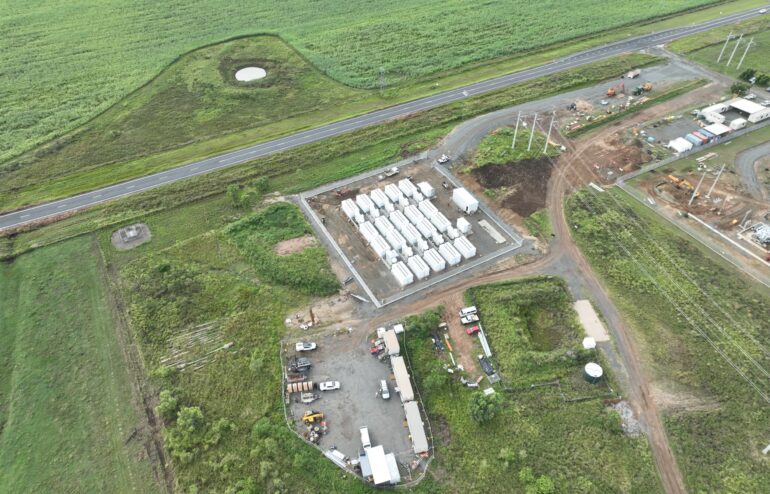
May
The Importance of Good Project Management in Civil Construction: Building Australia’s Future
In the fast-paced world of civil construction, effective project management is the backbone of success. As Australia’s infrastructure continues to grow and evolve, the importance of competent and efficient management cannot be overstated. This article highlights the significance of good project management in the civil construction industry, outlining the key benefits, challenges, and best practices that ensure projects are completed on time, within budget, and to the highest quality standards.
What is Project Management in Civil Construction?
Project management in civil construction involves the planning, execution, monitoring, control, and closure of construction projects. It encompasses various aspects, such as scheduling, cost estimation, risk management, quality control, and stakeholder management, to ensure that projects are completed efficiently and effectively.
The Key Benefits of Good Project Management
Implementing good project management practices in civil construction offers several significant benefits:
Time Efficiency
Proper scheduling and resource allocation help ensure projects are completed within the set time frame, minimizing delays and maximizing productivity.
Cost Management
Effective budgeting and cost control practices help keep projects within budget, preventing cost overruns and ensuring the efficient use of resources.
Quality Assurance
Implementing rigorous quality control measures ensures that the final product meets the highest industry standards and client expectations.
Risk Mitigation
Proactive risk management enables the early identification and mitigation of potential issues, reducing the likelihood of delays, budget overruns, and other setbacks.
Enhanced Collaboration
Good project management facilitates clear communication and coordination among team members, fostering a collaborative working environment and ensuring all stakeholders are aligned towards a common goal.
Challenges of Project Management in Civil Construction
Civil construction projects can be complex and involve numerous challenges, such as:
Constantly Evolving Regulations: Civil construction projects must adhere to various federal, state, and local regulations, which may change over time, requiring adaptability and diligence from project managers.
Resource Constraints: Sourcing and managing resources, such as labor, equipment, and materials, can be challenging, particularly in times of high demand or limited availability.
Unforeseen Issues: The dynamic nature of civil construction projects often results in unexpected issues, such as weather-related delays or design changes, which require flexibility and problem-solving skills from project managers.
Best Practices for Effective Management in Civil Construction
To ensure the successful management of civil construction projects, it’s essential to adopt the following best practices:
- Develop a Comprehensive Project Plan: Create a detailed project plan that includes schedules, budgets, quality standards, and other key elements, providing a roadmap for the project’s successful completion.
- Regularly Monitor and Update the Plan: Continuously track progress, updating the plan as necessary to account for any changes or unforeseen issues.
- Establish Clear Communication Channels: Facilitate open and transparent communication among team members, ensuring everyone is aware of project expectations, progress, and any changes.
- Prioritize Risk Management: Proactively identify potential risks and develop contingency plans to minimize their impact on the project.
- Continuous Learning and Improvement: Learn from previous projects and industry best practices, adapting and refining project management approaches for future projects.
Good management is the cornerstone of successful civil construction projects in Australia. By implementing best practices, managing risks, and fostering collaboration, project managers can ensure that projects are completed on time, within budget, and to the highest quality standards. As Australia’s civil construction industry continues to expand, the importance of effective project management will only grow, shaping the future of the nation’s infrastructure and built environment.
- Category: Civil Construction
- Tags:




leave a comment here
You must be logged in to post a comment.